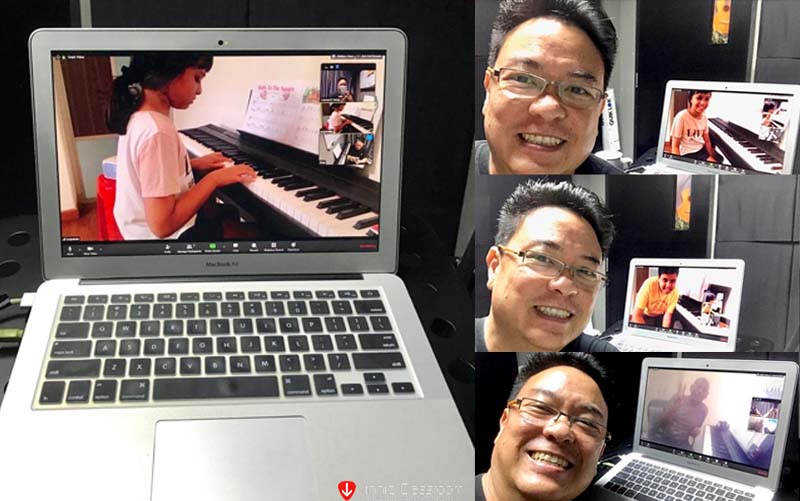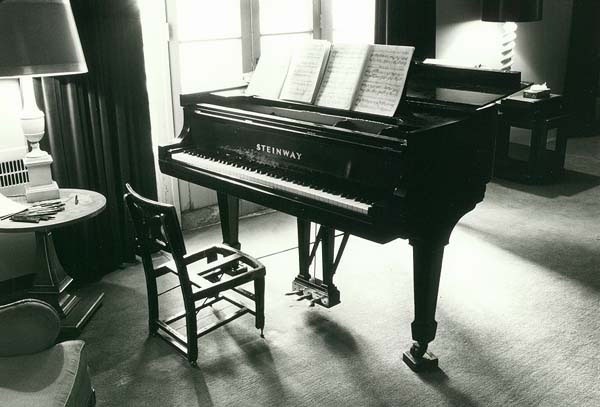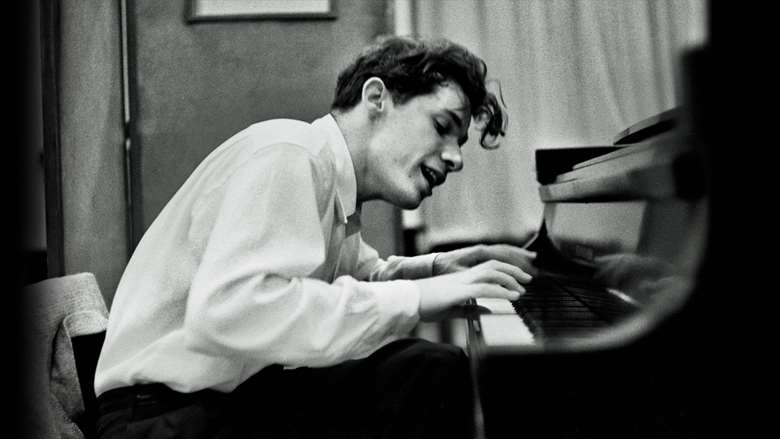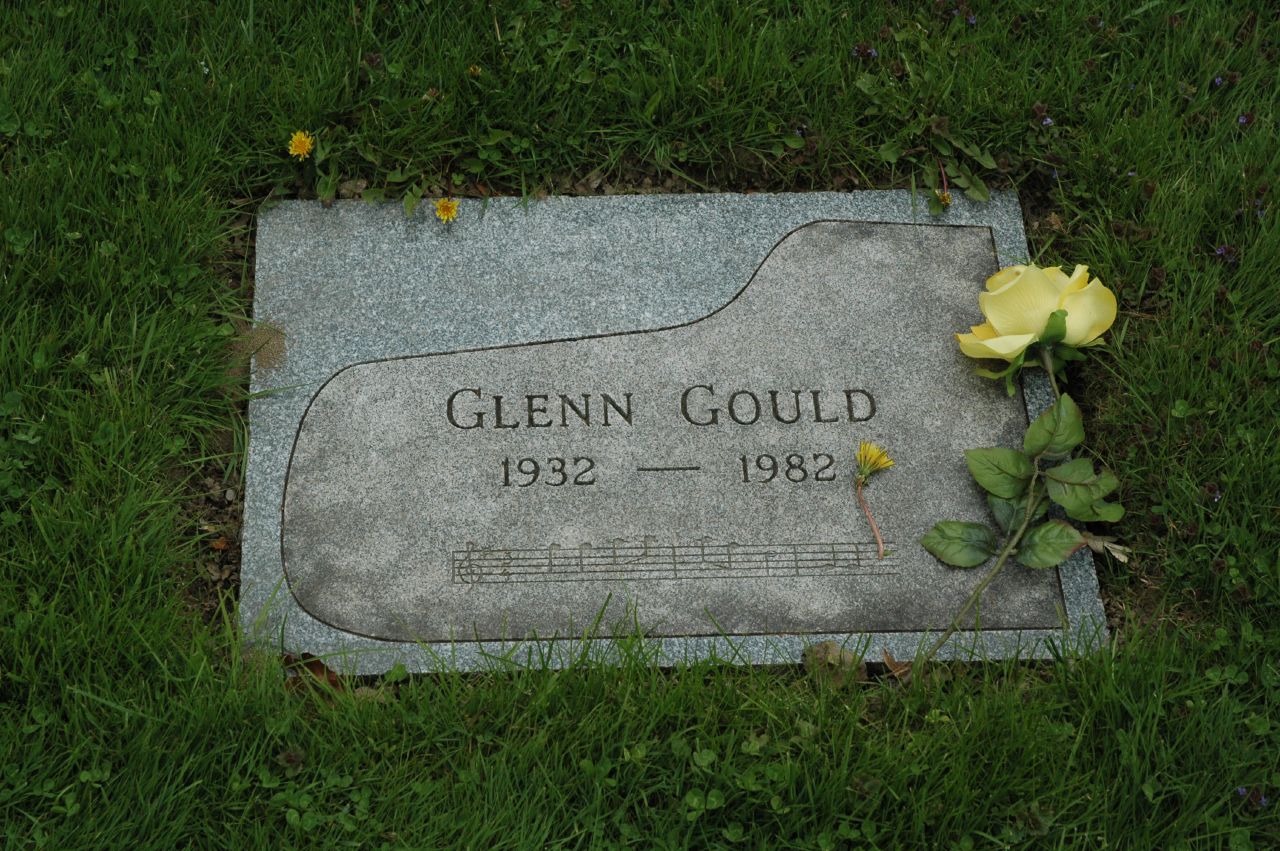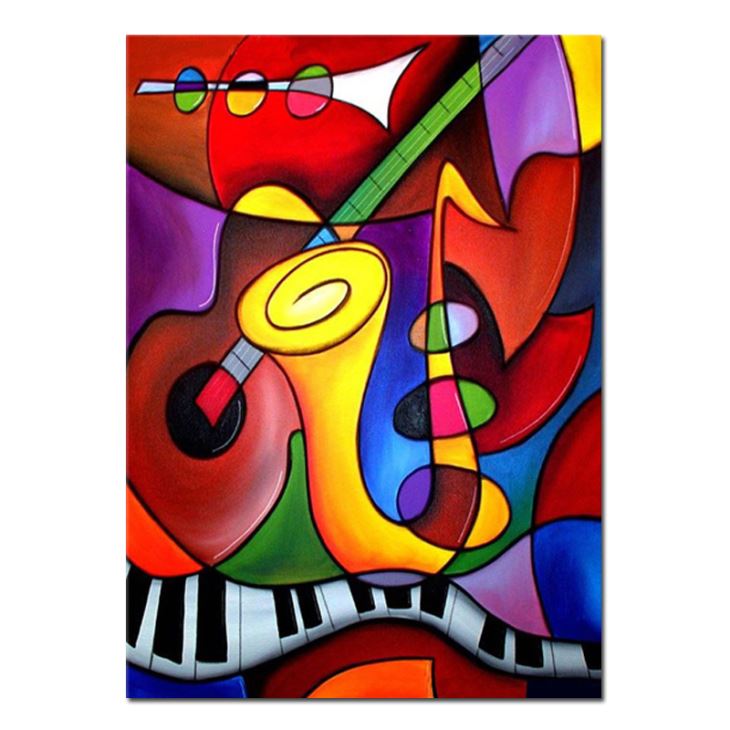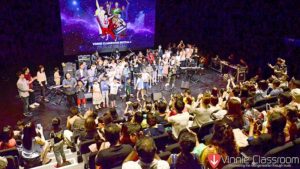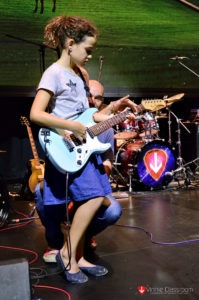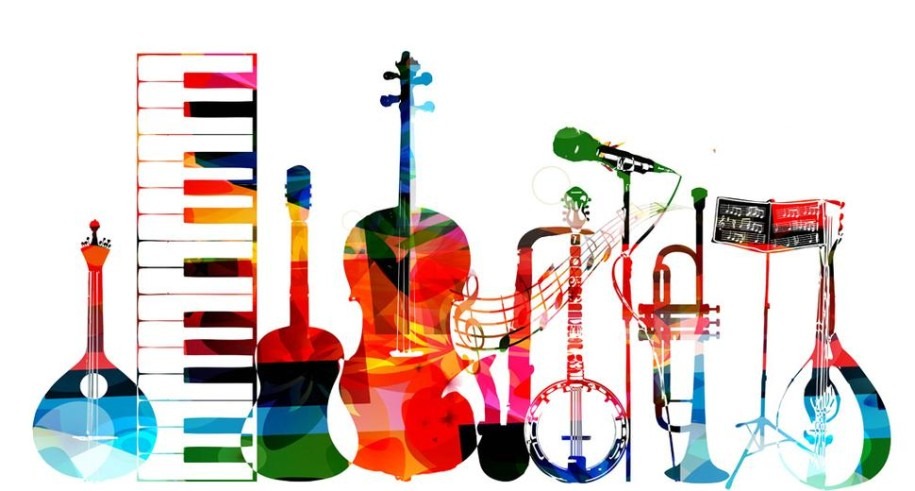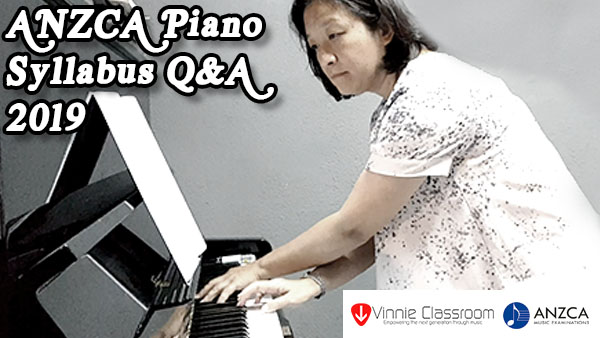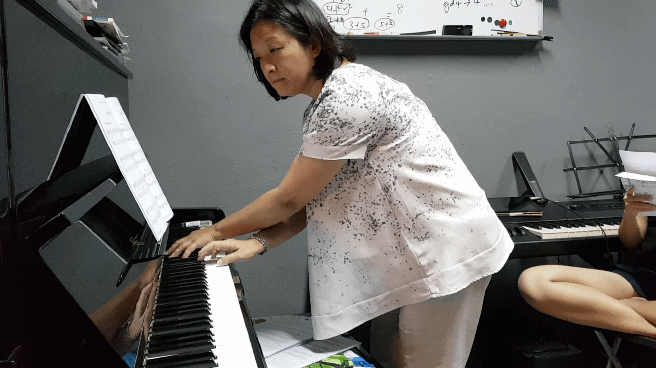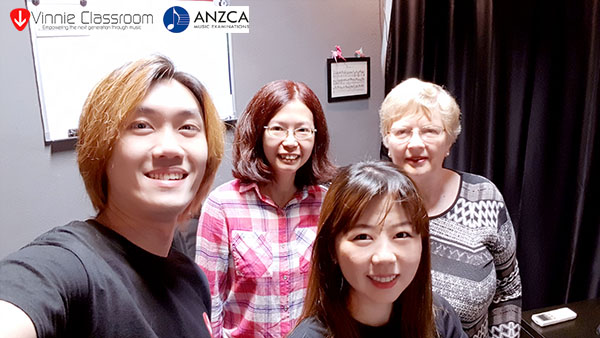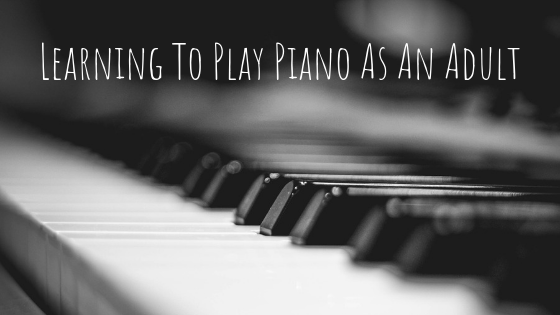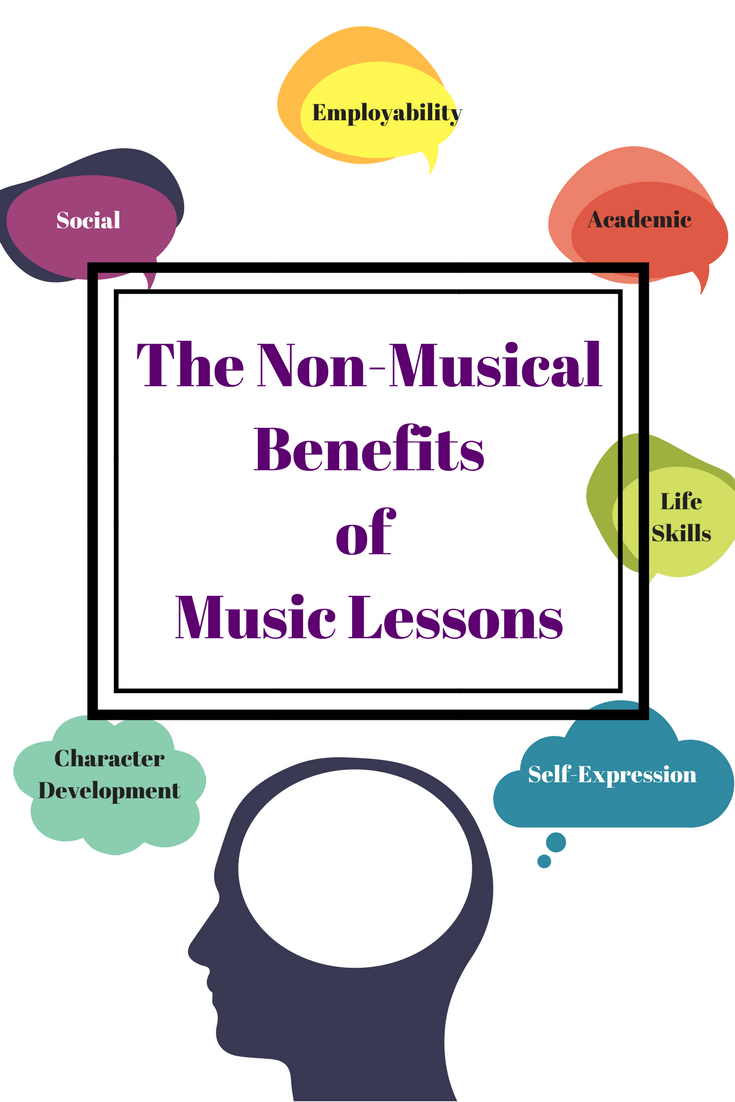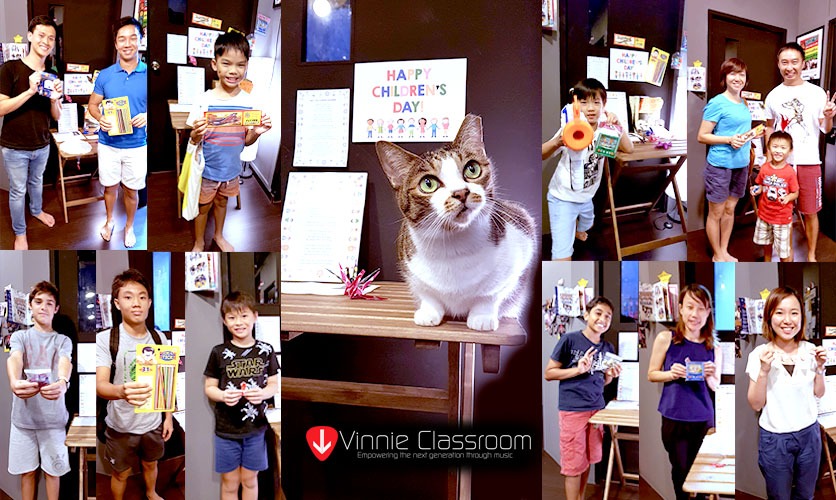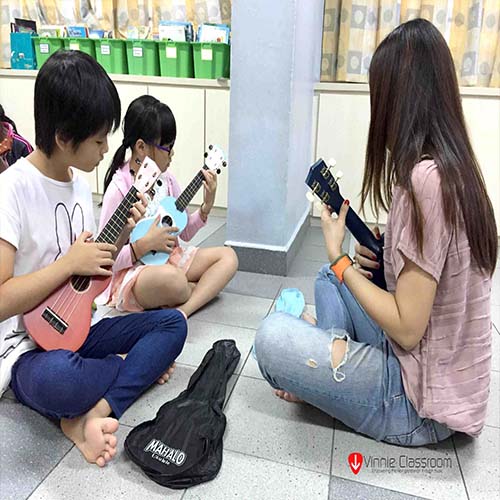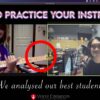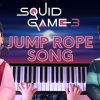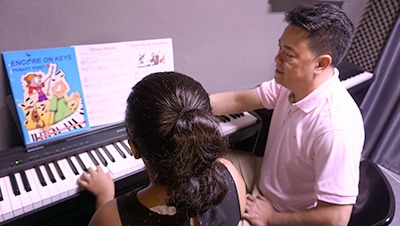
A Guide to buying your first Piano for lessons in Singapore
Buying your first Piano for your piano lessons in Singapore can be a daunting task! Let’s be upfront and honest. We are mainly looking at budget and commitment issues. A piano is not exactly affordable for most people in Singapore. If buying a guitar can take someone between 1 hour to 1 week to decide, buying a piano can take a month or more. Our goal in this article is to help you make that decision quicker and better! So if you’re in the mood for shopping, read on!
Piano Lessons for the Young in Singapore
Young children typically do not need an acoustic piano right from the start for piano lessons. While many will insist it is a good idea to start right, they come from a position where they are committed to the instrument and the craft. If Piano is never a part of your family, it is an expensive foreign object to pay for regardless of how much you love your child. Below are some options we would recommend.
Disclaimer: We are not affiliated with any of these brands or retailers. We do not earn any commission for recommending these products.
For children 2 to 5 years old
Young children do not need a full-size acoustic piano or digital piano to start their piano journey. They need something their size and very manageable. The controls should be easy to understand and the keys should be soft and fun to play with. Here are 2 of our recommendations.
Casio SA -80
This little keyboard is affordable, runs on AA batteries, and is lots of fun! It has a huge tone bank from standard piano sound to trumpets to violins and even a helicopter flying by! Also features a song bank with lots of songs that children can learn to play along or simply listen and dance to. We know this firsthand because we have witnessed just how much fun a 3-year-old can have with this keyboard.
Yamaha PSS E-30
Yamaha is a trusted brand for pianos in Singapore and many parts of the world. With such a good reputation, it is no surprise that people will choose this over many other options. Equipped with a “Quiz” game function, their aim is to make playing the keyboard fun and interactive. We think that the Quiz function will train young children to develop a keen sense of hearing. This keyboard trades the lesser tone and song bank for the ability to shift the keys +4/-4 octaves! This is very useful when the children wish to play with another instrument but do not want to stay in the same octave.
For children 5 and older
Anyone who has been playing the small and simple keyboards for a while, will soon find that they need more keys. We turn our attention to bigger keyboards, synthesizers, and digital pianos. Here are some recommendations from us!
KORG Kross 2 61-Key Synthesizer Workstation Dark Blue
We love the Korg Kross in our music school! It has served us so well in numerous recitals and piano lessons over the years. The Korg Kross 2 is an upgraded version with more presets, more voices, and more everything! Just like the smaller keyboards, this 61-key synthesizer has the ability to run on AA batteries!
NUX NPK-10
NUX is one of the more affordable and trustable brands for digital piano. Pronounced “New X”, they are an emerging brand from China that specializes in musical instruments and accessories. Guitarists will know them for their effect pedals while drummers will know them for their electronic drumsets. So if you are looking to have a go at a full-sized piano but not ready to burst your bank, this is a good option!
Yamaha P-143
We have been using our trusty (discontinued) Yamaha P95 digital piano for our piano lessons for a really long time. It has served us well and has benefited so many students over the years. This newer model Yamaha P143 is an updated model with fully weighted keys! For serious piano students, fully weighted keys on the digital piano help transitioning to an acoustic piano easier. Besides, Yamaha stands out with their CFIIIs grand piano sound engine to keep your experience as realistic as possible.
For those who are ready for an acoustic piano
Some of us are more ready to commit to an upright piano regardless of the price tag. A good piano can last you anywhere from 10 years to 100 years depending on how it was made, maintained, and used. As such, it is no surprise that most people will only buy a brand that they can trust and rely upon. Here are some of our recommendations.
Kawai Piano
Kawai Piano can be commonly seen in many Primary and Secondary schools all over Singapore! Known for their beautiful darker and mellow tone, these Japanese pianos are hardy workhorses. If a piano can survive the constant a̶b̶u̶s̶e̶ usage by students in a government school, it can handle anything!
Yamaha Piano
Yamaha Piano is a household brand for piano students in Singapore. If the house you visit has a piano, it is very likely a Yamaha piano. Know for their build quality and bright tones, these are friends for life. However, do note that Yamaha has pianos made in Japan and Indonesia and priced very differently. We had the opportunity to ask a few piano tuners about their take on the pianos made in different countries but are unable to confirm which is better. It is often a very polarised reply. So we suggest you trust your judgment on this one.
What other options are there?
From here, we are plunging into the deep pockets that are somewhat like a black hole. The prices of a professional-grade piano can range from anything between 10K to a few body organs. While we can explore all these options in our article, we think it is not something that a beginner will need for their piano lessons in Singapore. So instead, focus on the piano lessons and understand more about the instrument before jumping on buying something that may end up as a white elephant. Feel free to consult your piano teacher for their opinions, and ask around parents who have bought a piano for their child. Have fun piano shopping!
Talk to us about your piano lessons. Or, take a Trial Lesson with us!
Contact us through these easy channels! 🙂

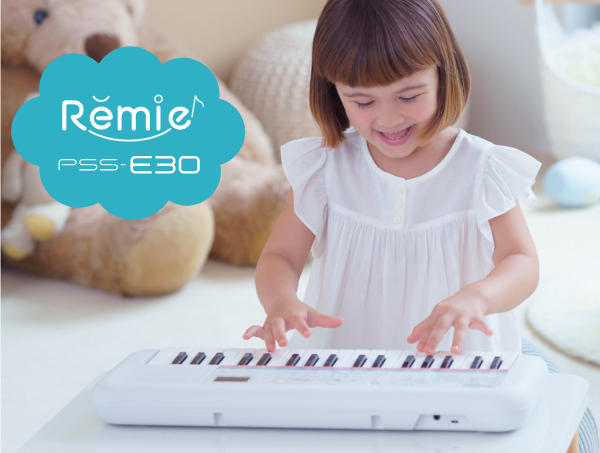
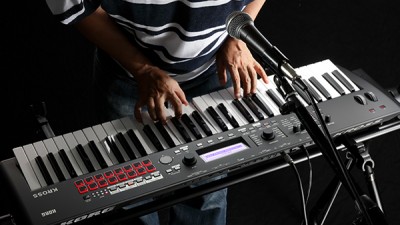


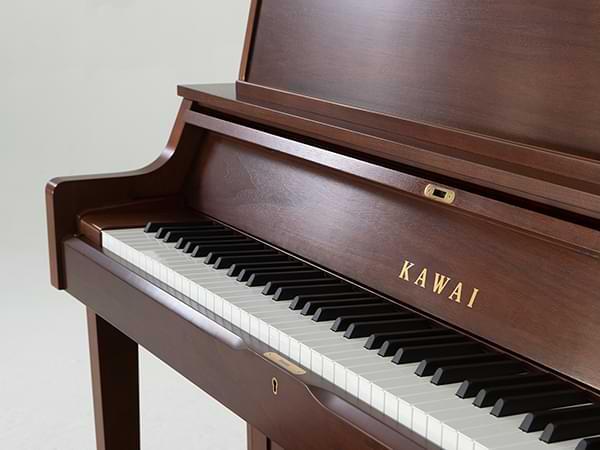
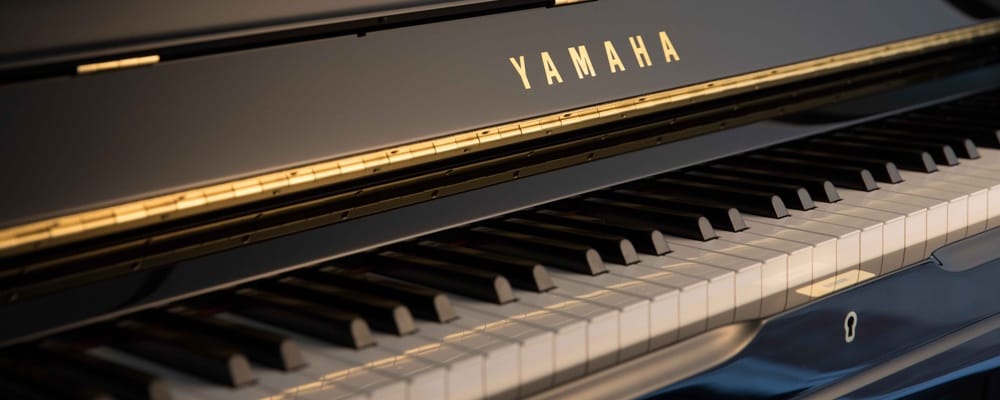

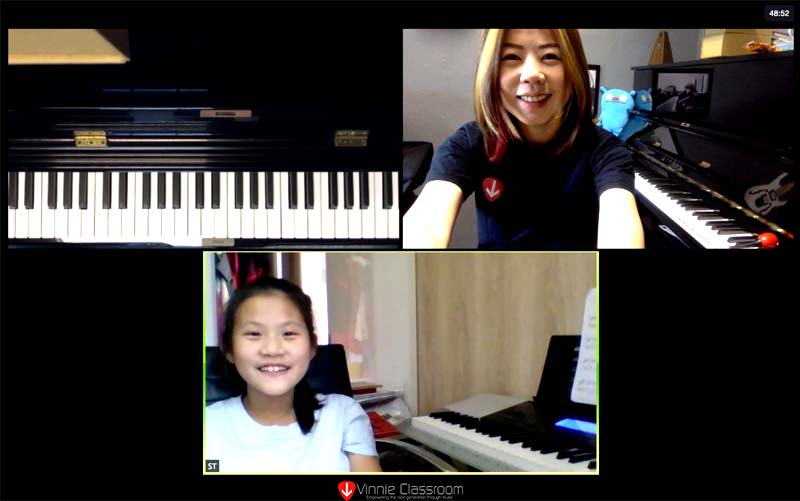
 Music Lessons | The COVID 19 style
Music Lessons | The COVID 19 style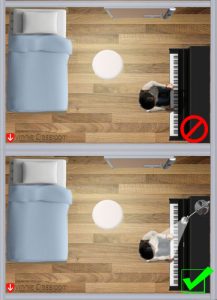 Most of us hardly use the camera on our laptop, some don’t even know it exists! Some of us live in a dimly lit room and that is bad for video conferencing. So the first requirement is for the student to be able to have decent lighting in their room. While this isn’t an issue with most instruments, this is a common problem with Piano students.
Most of us hardly use the camera on our laptop, some don’t even know it exists! Some of us live in a dimly lit room and that is bad for video conferencing. So the first requirement is for the student to be able to have decent lighting in their room. While this isn’t an issue with most instruments, this is a common problem with Piano students.